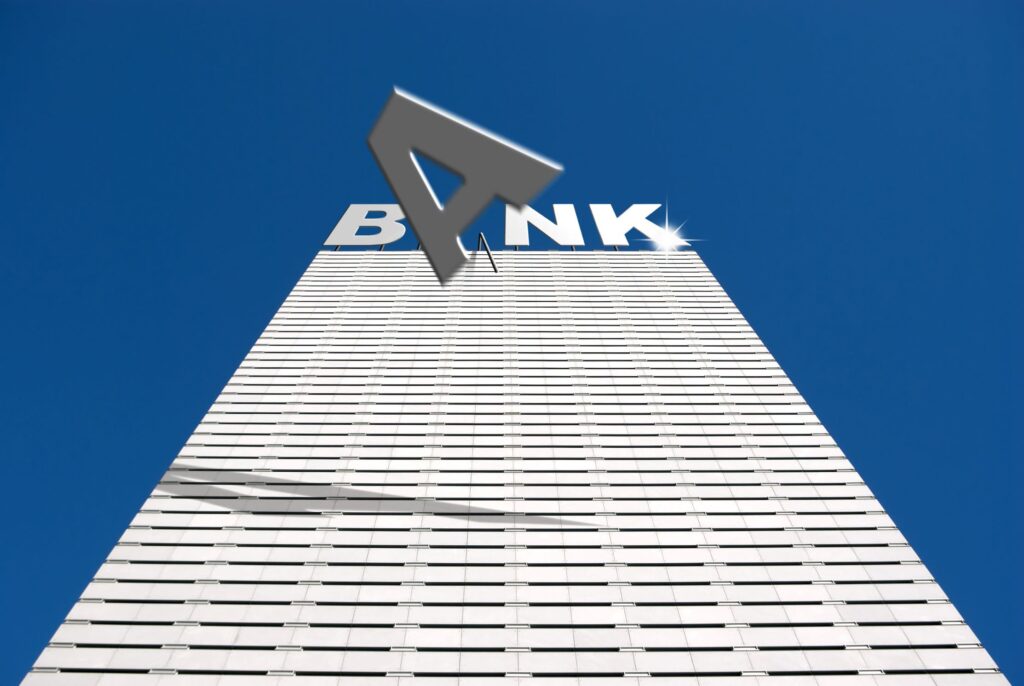Growing technology companies have historically had limited options for debt financing, but following recent events, those options have not only further decreased, they’ve become significantly less favorable.
The low-cost lender in the venture space, which had dominated a large portion of the market and maintained relationships with more than 50% of all venture-backed companies in the U.S., has failed after nearly four decades. This change will create a vacuum expected to be filled by venture debt firms, and the ramifications for growth-stage companies seeking debt financing will likely be severe.
Regional banks focused on technology lending are experiencing increased scrutiny in response to the fallout. As a result, it will become more difficult for banks to lend, in general, and it will particularly encumber banks focused on the technology lending space. Simultaneously, with this new limited supply of capital sources, venture debt firms have already begun raising rates and will likely become more selective, making it an increasingly expensive option that fewer companies will be equipped to access.
As technology founders grapple with taking on debt at unprecedented rates versus bearing more dilution, we expect to see an upsurge in those seeking alternative sources of funding.
Venture debt rates have become disproportionately high due to now limited supply, as well as the level of risk associated after the banking fallout. Venture lenders are discerning by nature, and they have a responsibility to limited partners or stakeholders to generate the best return possible. With half the market suddenly searching for new solutions, venture lenders can have it both ways, being both even more selective with companies financed, while increasing earnings per loan.
However, insured technology financing, and more specifically PIUS’ CLip Notes program, facilitates greater loan amounts at lower rates by utilizing a growing technology company’s intellectual property (IP) as collateral, insuring the loan based on its evaluation of the IP and other intangible assets. Over the last five years, we have seen insured technology financing become increasingly more mainstream, as PIUS has continued to grow.
Unlike venture debt, PIUS is not compensated based on the returns to lenders, so there is never an incentive to raise rates, even when demand increases. Additionally, because PIUS is not a traditional lender but rather an insurance company, CLip Notes are non-dilutive, with no warrants or prepayment penalties.
The alignment of interest between venture debt and insured technology financing is stark and directly impacts the access and cost of capital available to the borrower. As we inevitably begin to see more technology companies seeking alternative financing following the banking collapse, we can also expect to see an increase in that spread.

